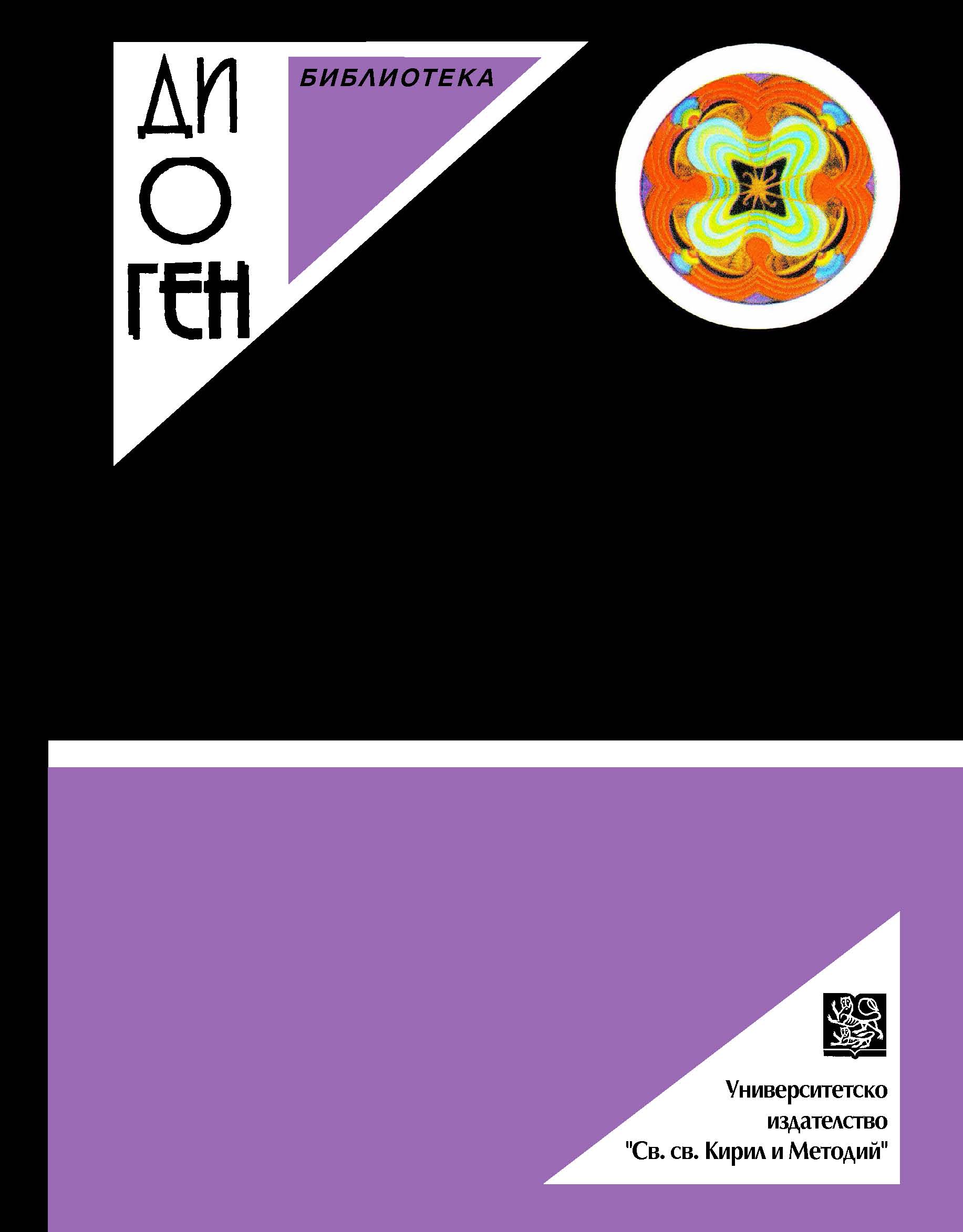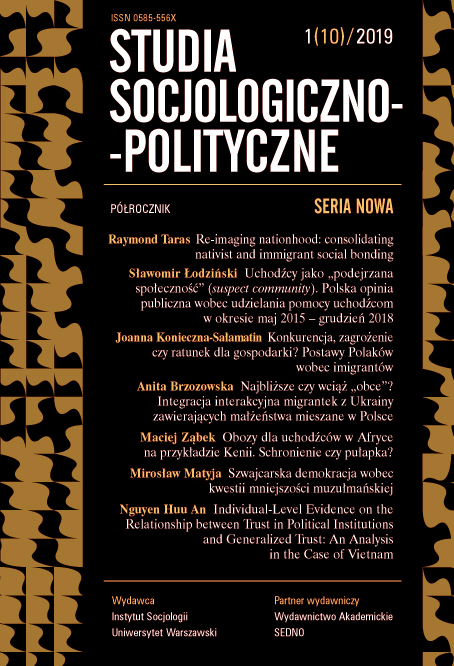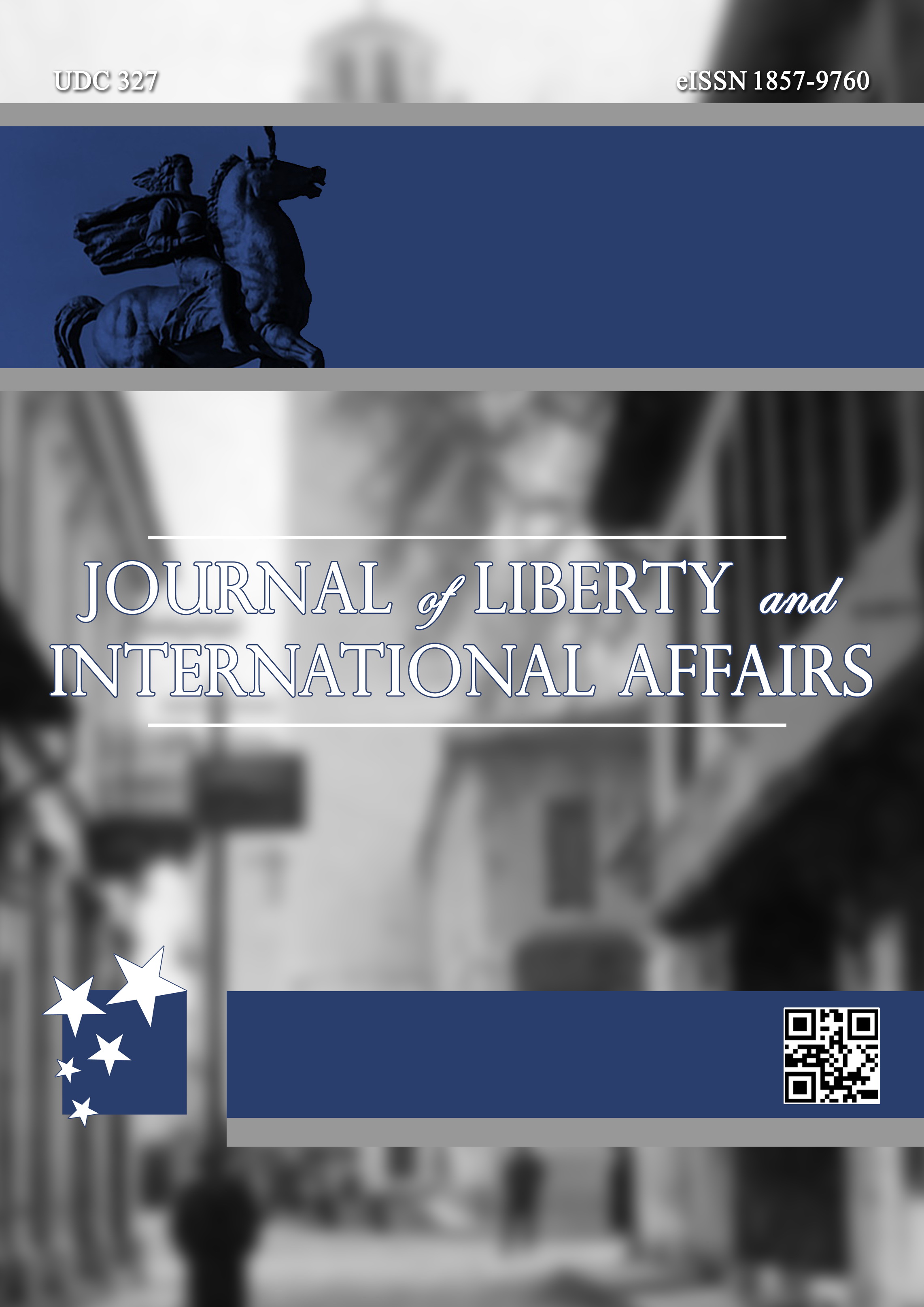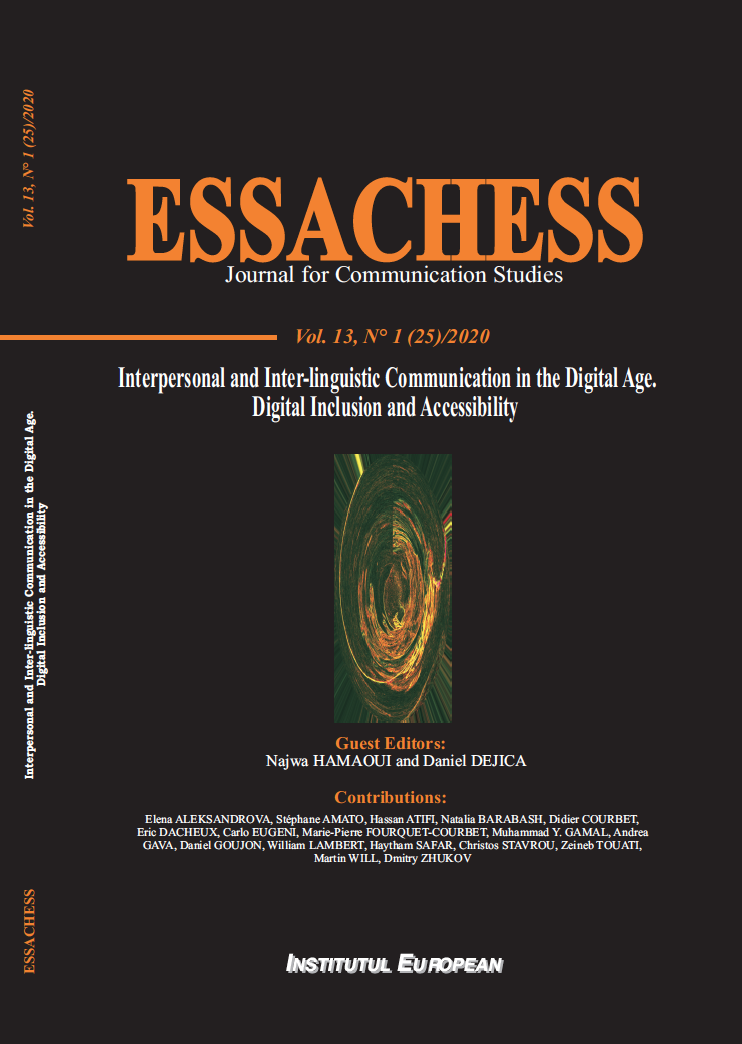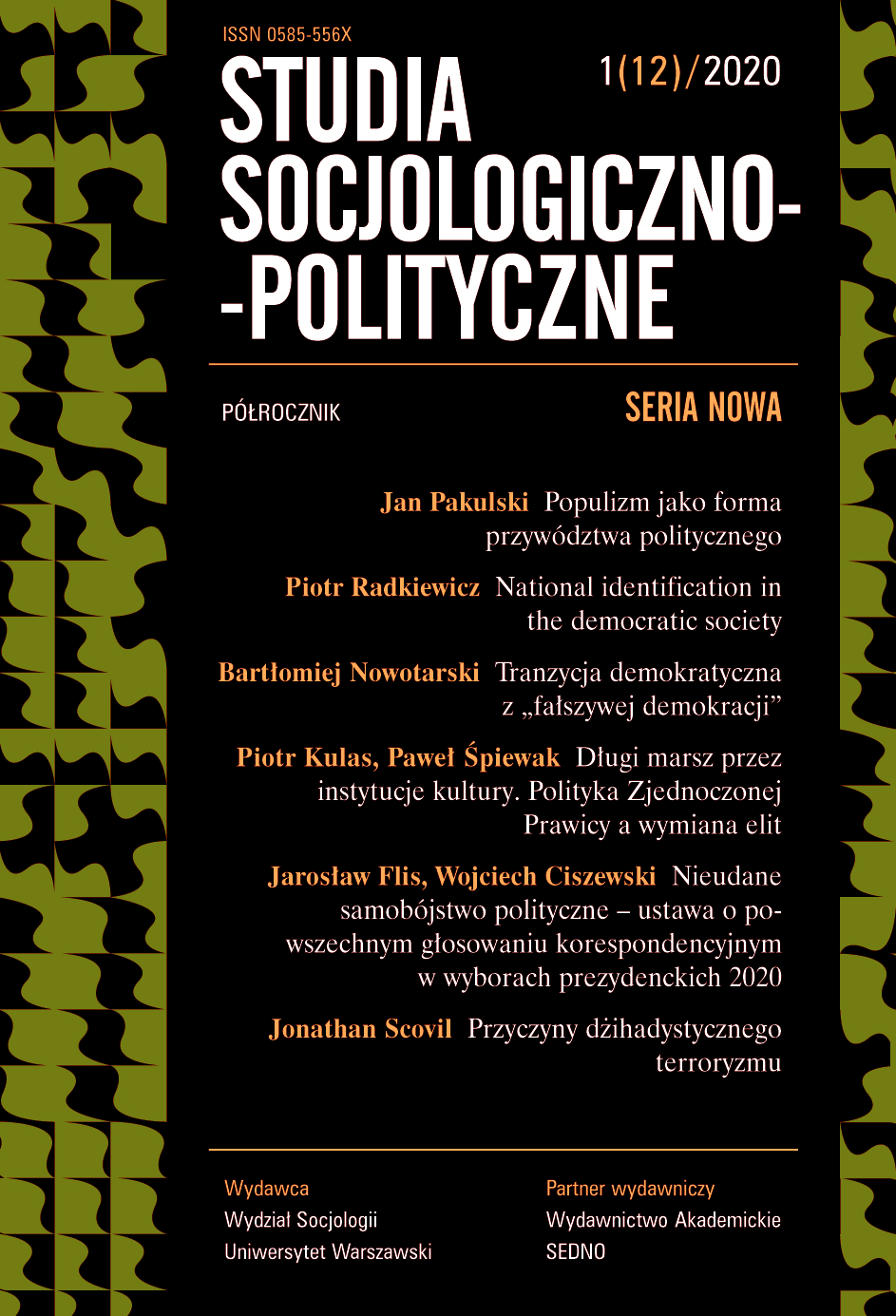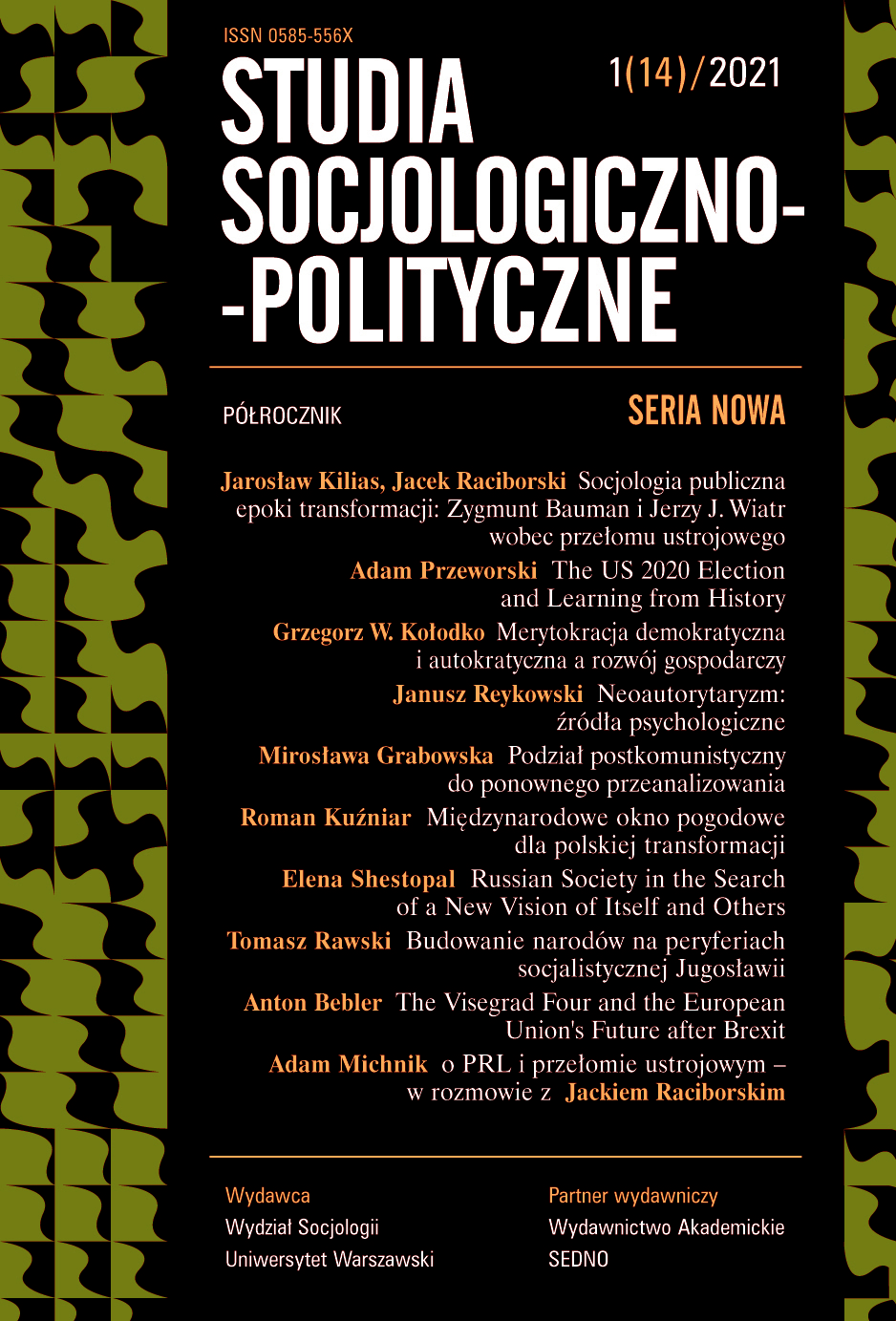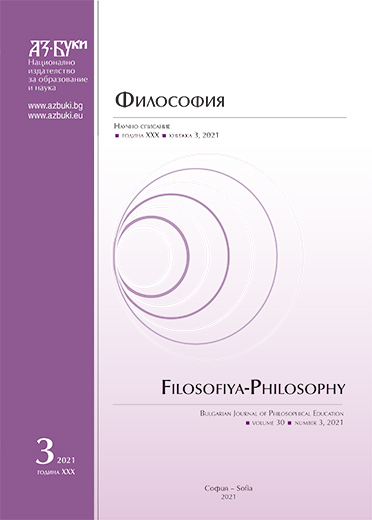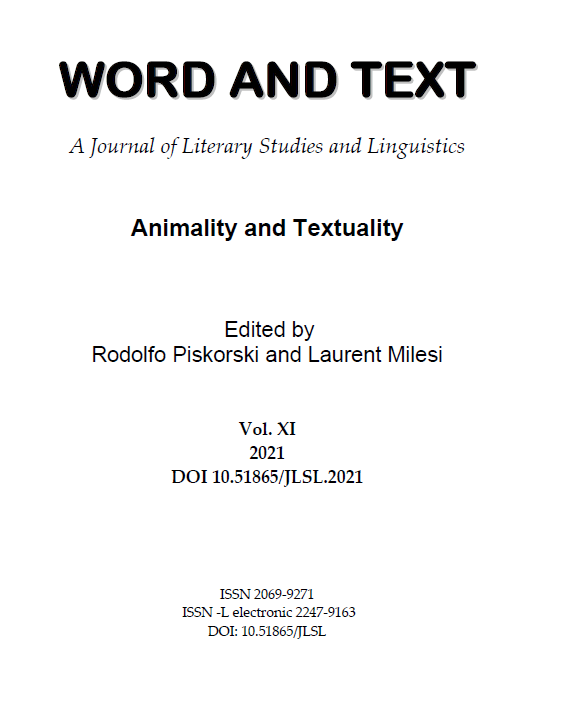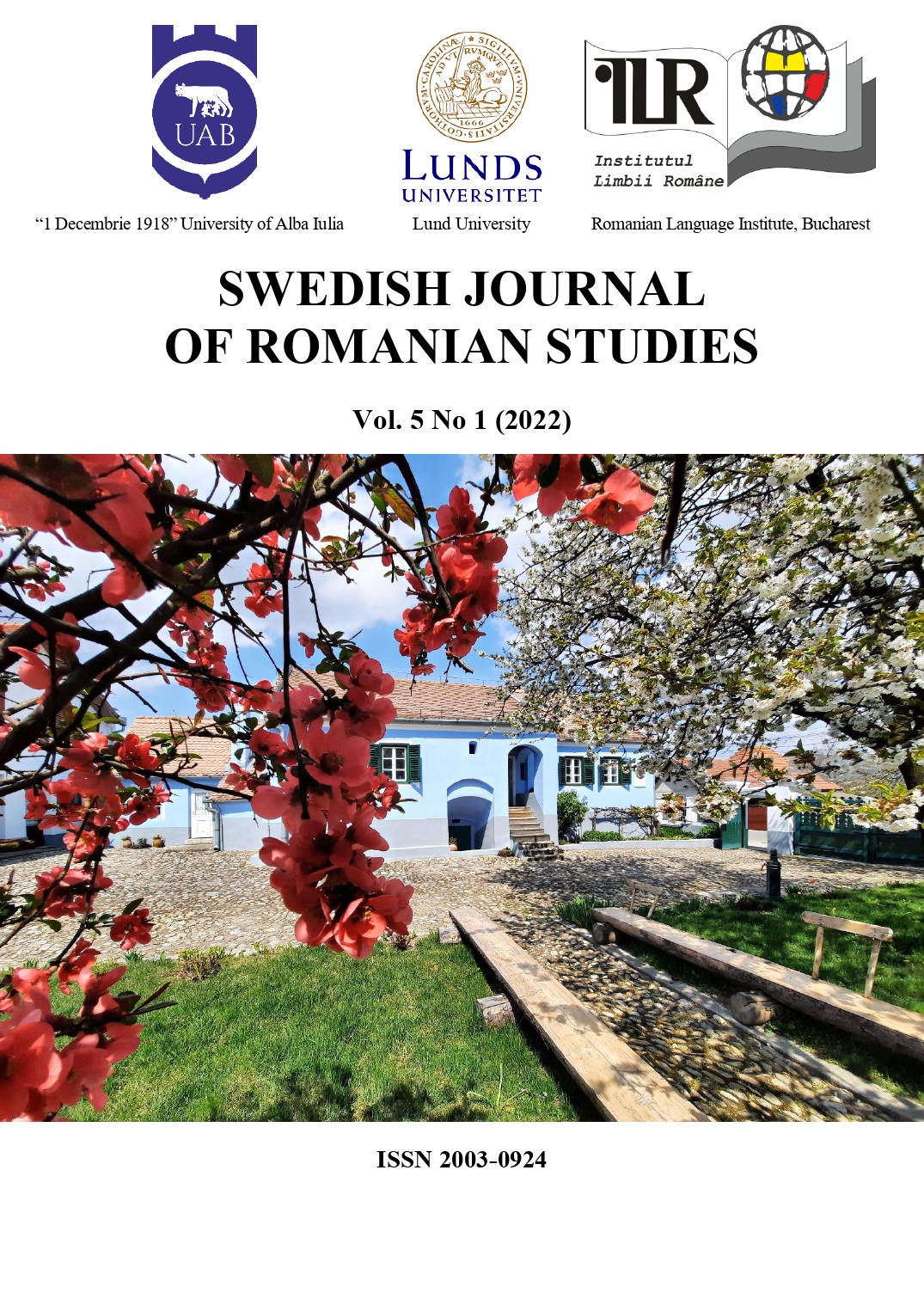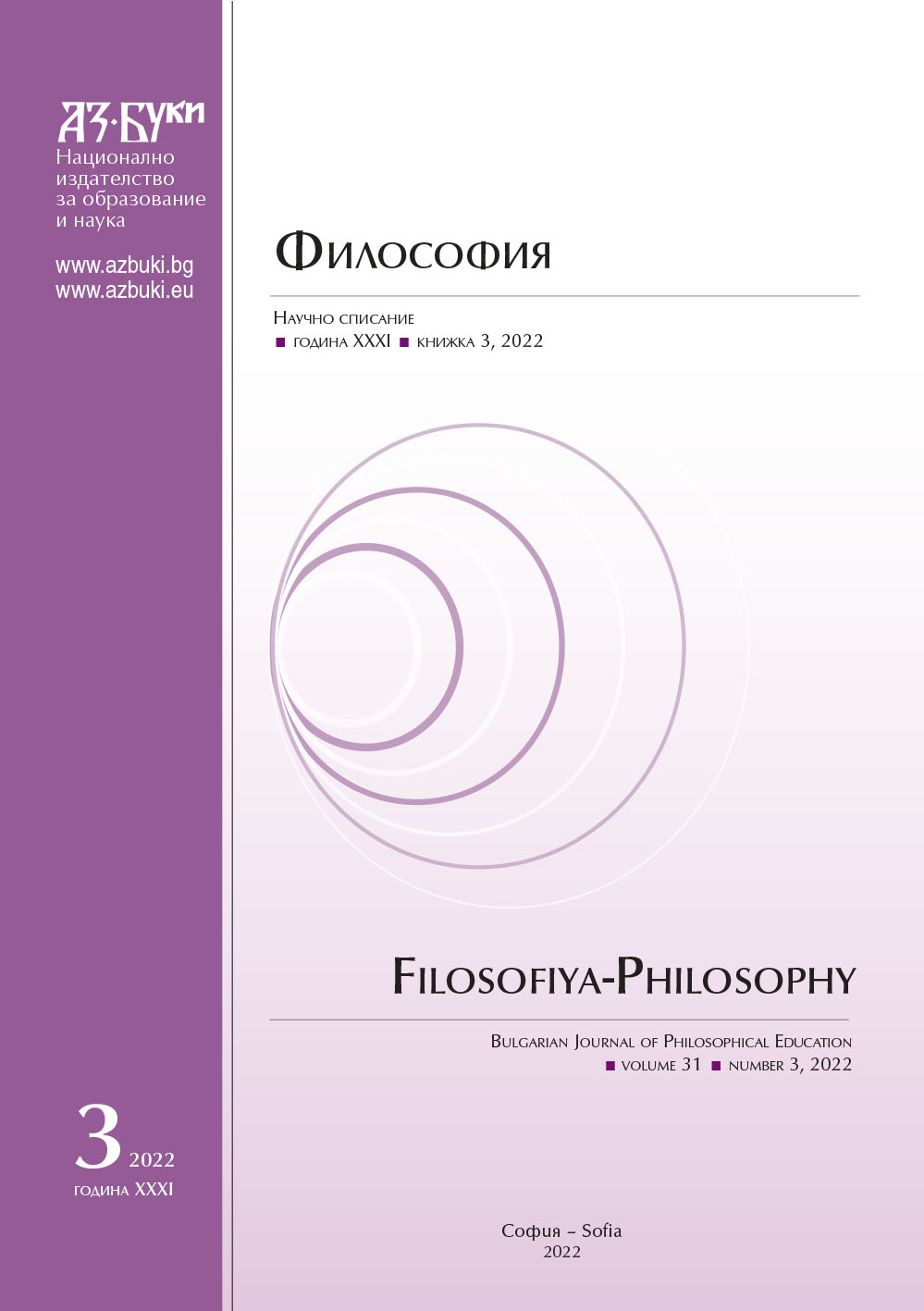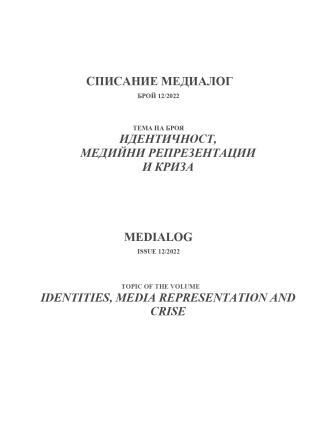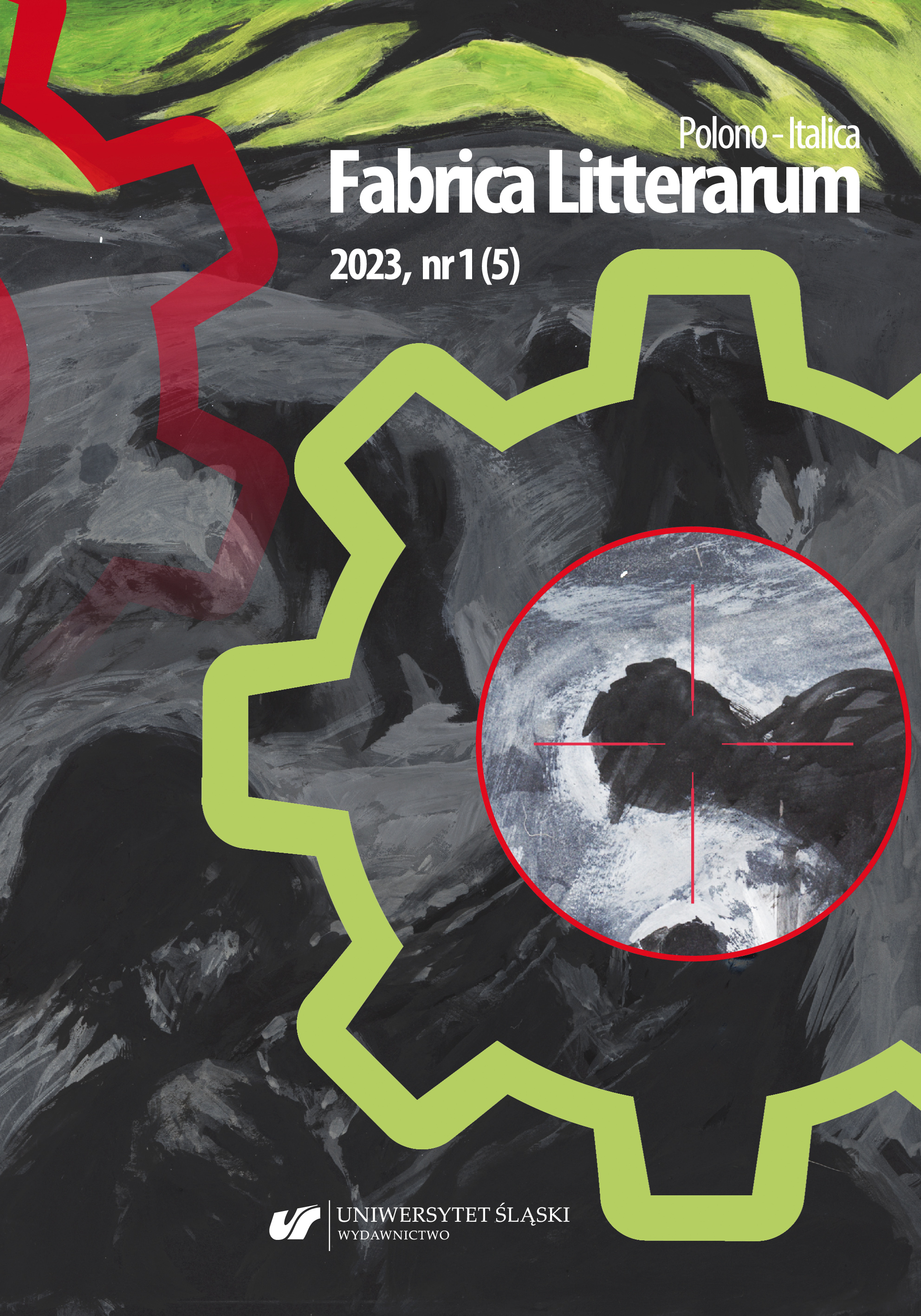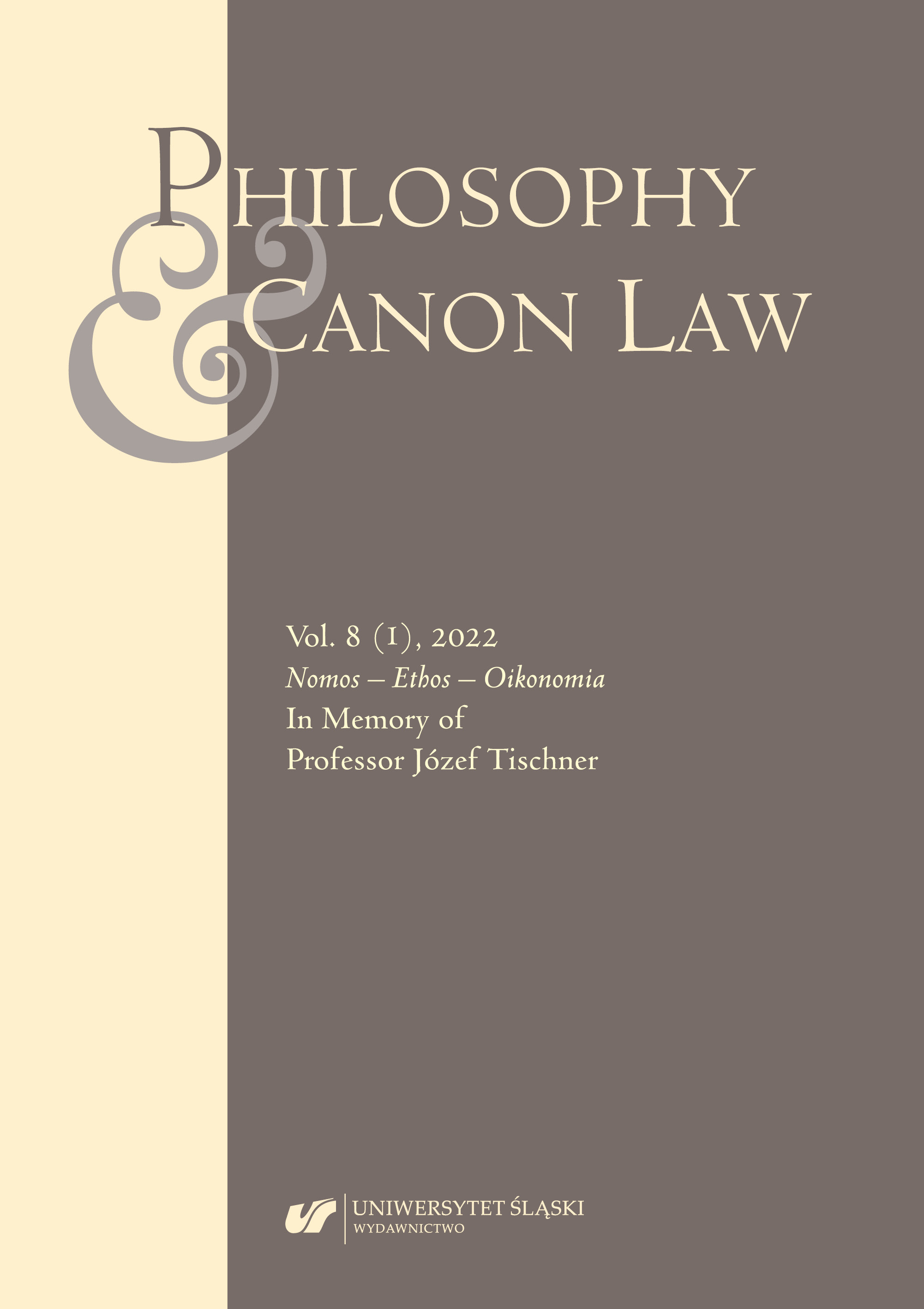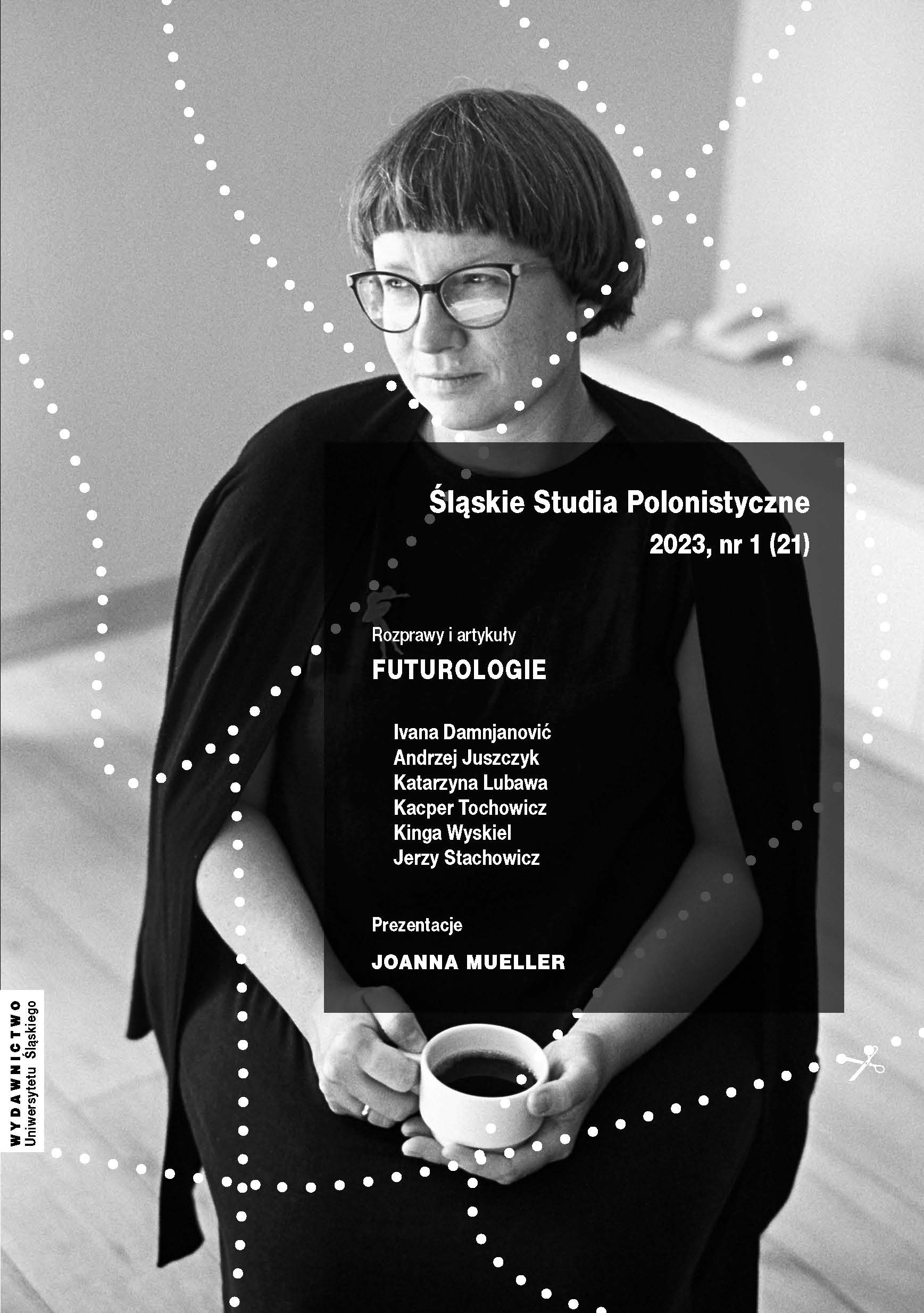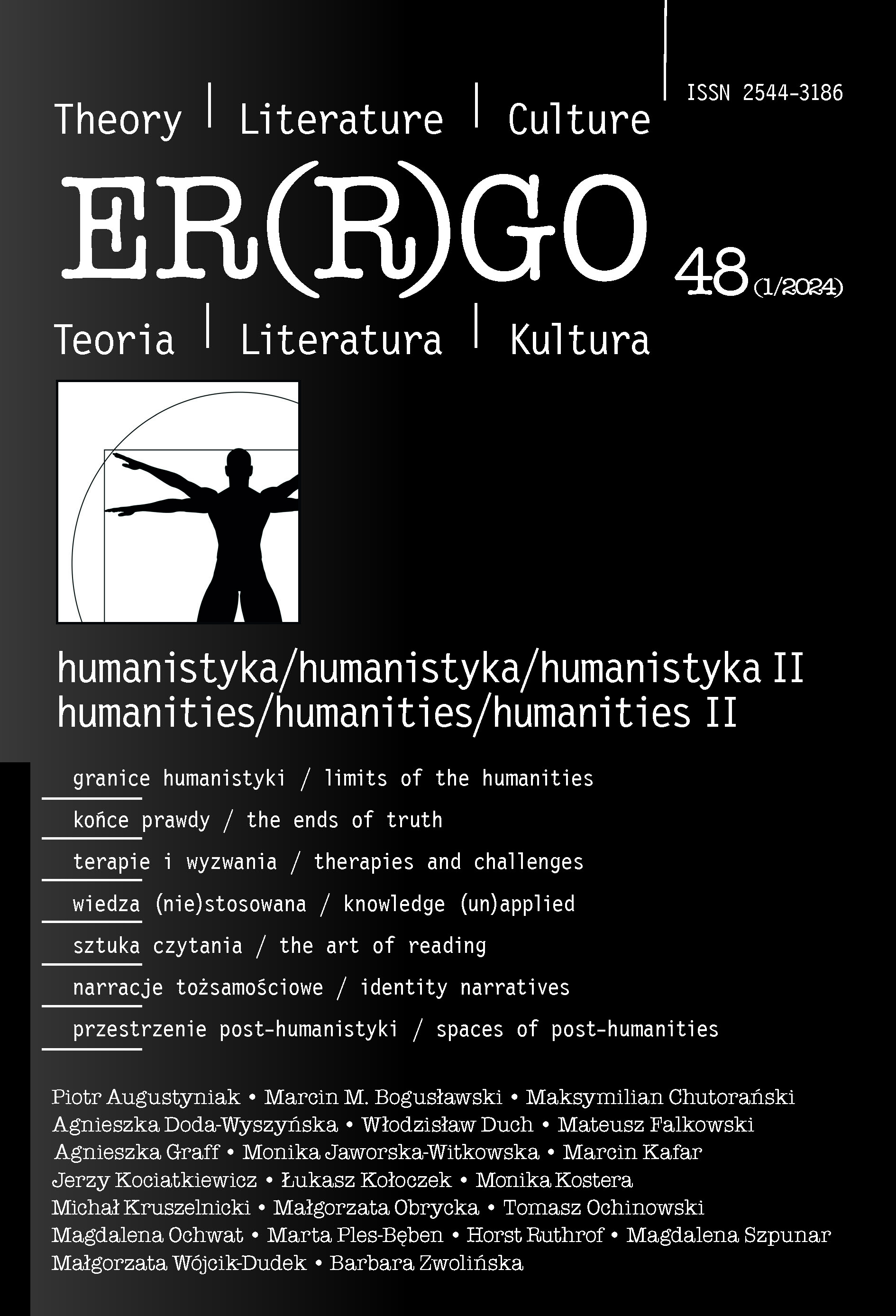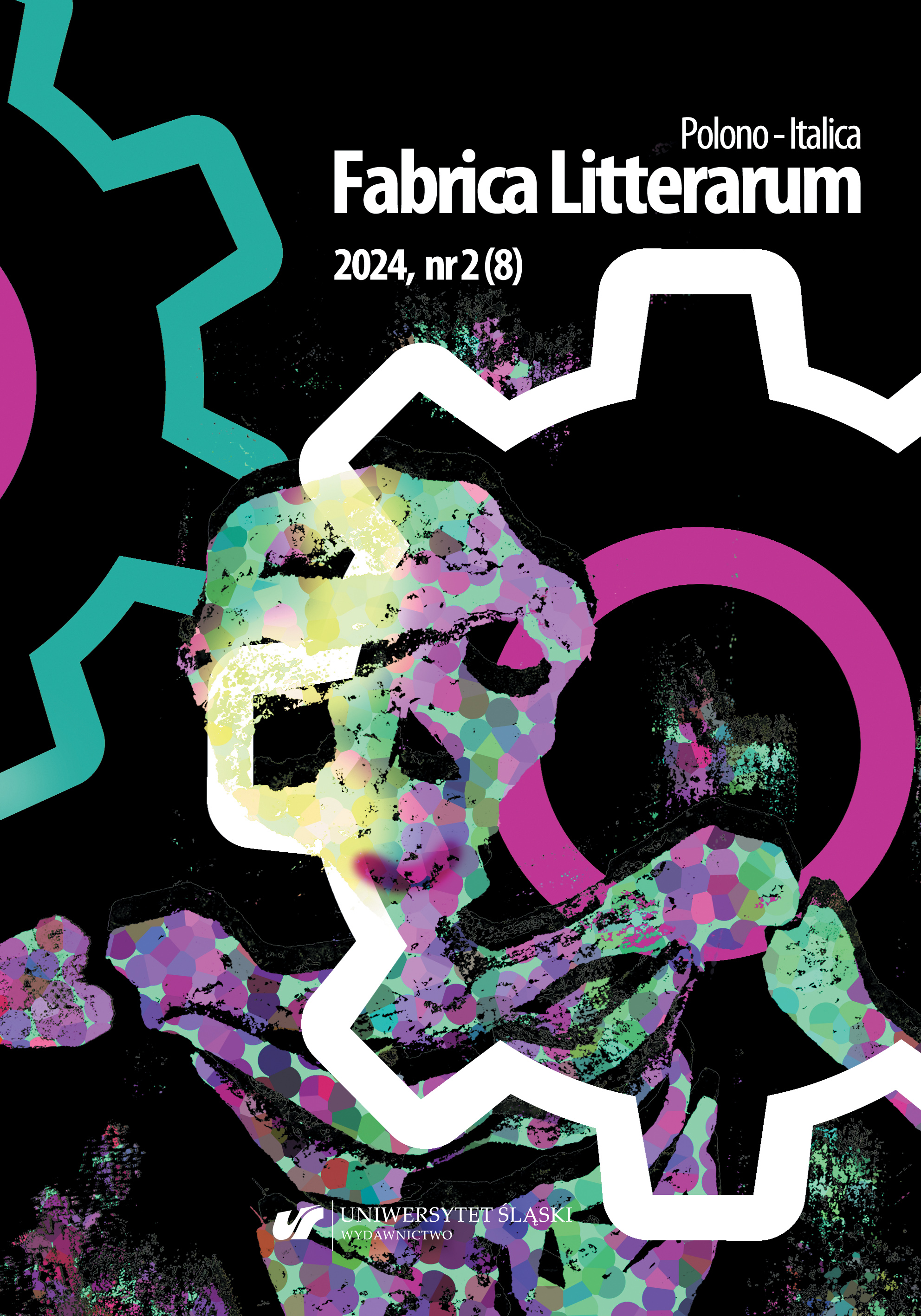Author(s): Daniel Citirigă,Cătălin Pavel / Language(s): English
Issue: 1/2022
The present article aims to offer excerpts f an essential article by the Romanian “national poet” Mihai Eminescu in the English translation, with a historical commentary. The translation aims to make Eminescu’s text available to an international audience of scholars, helping to write a more accurate social and cultural history of 19th century Europe. In turn, the commentary aims to show that Eminescu’s political vision, although substantially conservative, incorporated a number of tenets that were to become an inspiration for a number of politicians of highly diverse backgrounds, from the Iron Guard nationalists to the Socialists and Communists. Eminescu’s work was used, in ways he could no longer control, in order to legitimize their varied, and at times downright contradictory, claims.The article discussed here, on “The Austrian influence on the Romanians in the Principalities” (1876) offered Eminescu the opportunity to cast a critical eye on the state organization of the Romanians. His conclusion is exceedingly pessimistic: their state organization is presented as a failure, with the main sources of this failure being the personal interests of the Romanians themselves, compounded by the influence of foreigners. Hence the society based on corruption, rather than on principles, a society where having a job meant ruling, and not having one, being in opposition. In this gloomy picture, the author singled out a class on whose back the whole people lived: the Romanian peasants. The future of this class could not possibly be bright, as Eminescu expected that it be crushed from within, and “along with it, the state and the nation”. Did he also envisage a solution? In order to escape the situation in which “the proximity of Austria is devastating for us, unless we wake up soon”, Eminescu pinpointed three redeeming elements: stability, labour and economy. In other words, hereditary monarchy, the revocation of privileges for the “proletariat of the pen” and the careful spending of public budgets. The alternatives were the Austrian rule, or the Russian rule, none of which comes across to Eminescu as a solution.
More...
